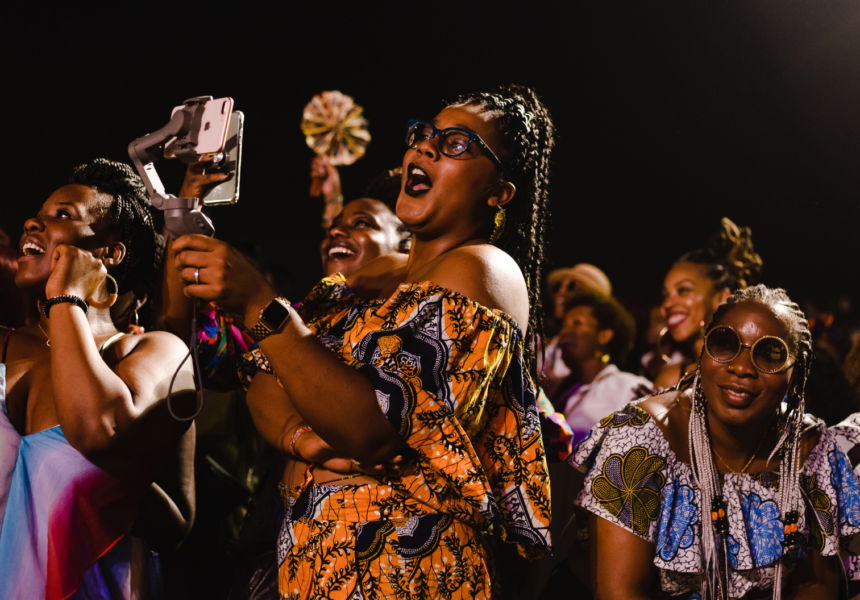Johannesburg – Maua Bio Magazine, the first biographical publication in Africa dedicated to profiling high-achieving women, has officially launched, aiming to reshape narratives and amplify the voices of African women through powerful storytelling.
The magazine, whose name Maua (Swahili for “flowers”) symbolizes growth and resilience, chronicles the lives of influential women from their formative years to their ground-breaking achievements, offering readers an intimate look at the challenges and triumphs that define their journeys.
For decades, African women have been marginalised, their contributions overlooked in leadership, innovation, and social change. Maua Bio Magazine seeks to dismantle this invisibility by documenting their legacies in depth.
Hazel Namponya, the founder of Maua, told reporters: “African women have been at the bottom of the feeding trough for too long. Despite their immense contributions, they remain an afterthought in many spaces, denied recognition, respect, and equal opportunities. Maua is changing that. We are telling their stories fully, without omission, to inspire future generations. Africa is a land of opportunity, and women must be central to its growth.”
Since its inception, the magazine has featured African women in mining, education, arts, mentorship, leadership, business, humanitarian, political, FMCG, cultural and social impact, each with a unique narrative of perseverance. These profiles not only highlight professional success but also explore the societal barriers these women overcame, both within Africa and abroad, where racial and gender biases persist despite their qualifications.
“Education alone doesn’t shield African women from oppression,” Namponya noted. “Many battles systemic inequities long after breaking glass ceilings. By documenting their breakthroughs, we empower others to see what’s possible.”
Beyond recognition, Maua Bio Magazine helps as an archival resource, ensuring that these stories endure. Unlike personal diaries, which can be lost or damaged, the magazine’s digital and print editions safeguard these narratives for posterity.
“Future generations deserve to know the struggles and victories of those who came before them,” Namponya emphasized. “These stories are more than inspiration; they are historical records.”
The magazine’s growth signals a broader movement toward the emancipation of Black women. By cantering their experiences, Maua challenges stereotypes and adopts a culture where African women’s achievements are neither exceptionalised nor ignored, but rightfully acknowledged as foundational to the continent’s progress.
As Maua Bio Magazine expands its reach, it is both a tribute and a call to action, Africa’s future is inextricably linked to the visibility of its women.










